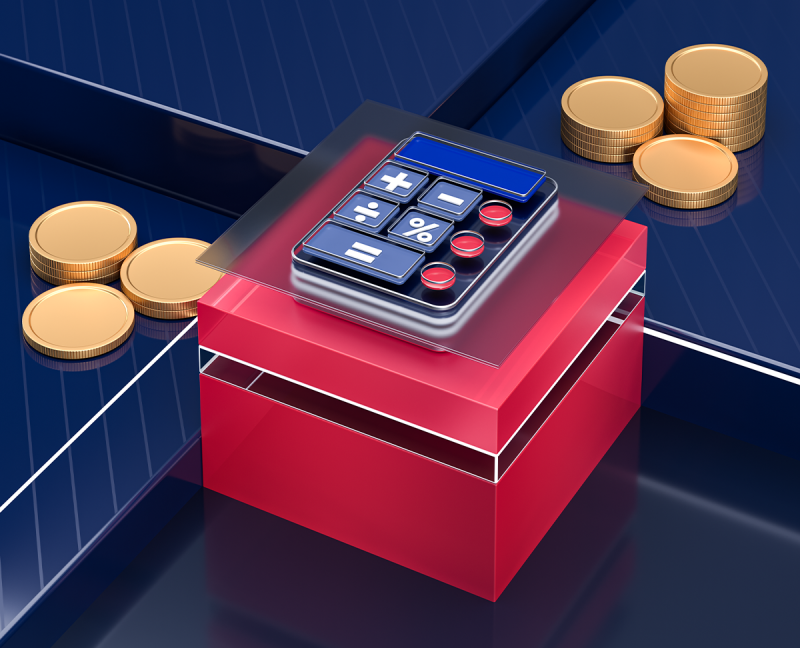
Taking the leap and going solo in your career can be extremely rewarding. Knowing the ins and outs of your business expenses at the outset can make the world of difference.
Deciding to become self-employed can be an exciting step in your career. You could gain greater autonomy over your day-to-day and long-term lifestyle, as well as the hours you work, the work you take on, and using your own methods and processes.
When it comes to managing the financial side for your new venture, parameters tend to be a little less flexible. Becoming a sole trader in the UK and beyond takes some forethought and - as expected - a bit of paperwork. Particularly managing business expenses and other key aspects of your finances.
New to the sole trader scene, or in need of a little additional support with your financial management: here's what you need to know to make the best of your business expenses.
Before we get into the particulars of managing business expenses (and what those expenses actually are), let's briefly cover the basics of starting out as self-employed.
First thing's first: you will need to inform HMRC about your change in employment status as soon as you decide to make the leap. Quite simply, you'll need to do this if you:
There are a few more criteria to take into consideration, but luckily, it's a straightforward enough process. HMRC has useful resources and step-by-step guidance on the entire process, including whether being a sole trader is right for your needs, or if starting a limited company is better suited to you.
Once you've registered as a sole trader, you'll need to register for self-assessment, where you'll be filing your tax returns. With that in mind, time to take a deeper dive.
On the face of it, business expenses whether you're a sole trader or a company with 50+ employees is fairly similar. Like any business, being self-employed can incur costs for a range of products and services, and some of these aren't insignificant.
These might include:
Business expenses might also be referred to as "allowable expenses". HMRC clearly - and helpfully - outline the criteria to ensure these are eligible and legitimate costs to your business.
Like any aspect of your business, keeping clear and consistent records of your expenses will pay in dividends when it comes to claiming them back. Generally speaking, sole traders are legally obliged to keep all records for at least six years - yes, that long - after the expense has been made.
Doing this manually is certainly an option for some. You're within your right to pick the method which best suits you and your business, whether that's a spreadsheet or documents on your computer.
However, it will come as no surprise that this can be a lengthy venture and one which takes some patience to maintain. The alternative? A simple-to-use but effective software tool. There are a wide range of digital bookkeeping tools available on the market which will enable you to capture your finances - incomings, outgoings and expenses - all in one. This can provide you with a greater oversight of all your money management, and help you ensure your records are true and accurate - even if they do become subject to scrutiny.
What's more, many of these options will enable you to hire an accountant directly from the software company. Or, if your accountant is an external party, you can give them permission to access the dashboard and all your finances.
So what about claiming the expenses? That's done through your self-assessment form where you submit your tax returns.
Managing business expenses is a vital component to managing the overall financial health of your business, and can open a good deal of opportunity for you and growing your business.
Safenetpay provide an holistic solution to managing your money so you can pay - and get paid - quickly.